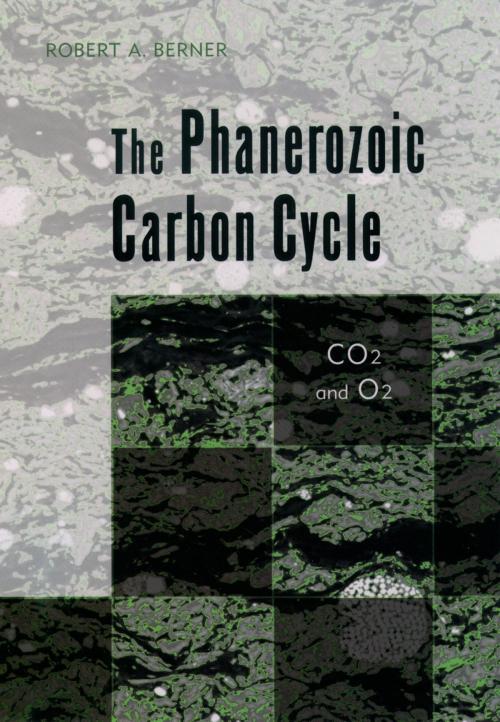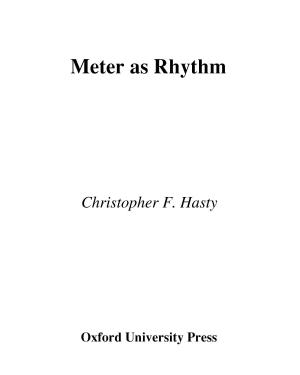The Phanerozoic Carbon Cycle
CO[2 and O[2
Nonfiction, Science & Nature, Science, Earth Sciences, Geophysics, Geology, Physics, General Physics| Author: | Robert A. Berner | ISBN: | 9780190291617 |
| Publisher: | Oxford University Press | Publication: | August 19, 2004 |
| Imprint: | Oxford University Press | Language: | English |
| Author: | Robert A. Berner |
| ISBN: | 9780190291617 |
| Publisher: | Oxford University Press |
| Publication: | August 19, 2004 |
| Imprint: | Oxford University Press |
| Language: | English |
The term "carbon cycle" is normally thought to mean those processes that govern the present-day transfer of carbon between life, the atmosphere, and the oceans. This book describes another carbon cycle, one which operates over millions of years and involves the transfer of carbon between rocks and the combination of life, the atmosphere, and the oceans. The weathering of silicate and carbonate rocks and ancient sedimentary organic matter (including recent, large-scale human-induced burning of fossil fuels), the burial of organic matter and carbonate minerals in sediments, and volcanic degassing of carbon dioxide contribute to this cycle. In The Phanerozoic Carbon Cycle, Robert Berner shows how carbon cycle models can be used to calculate levels of atmospheric CO[2 and O[2 over Phanerozoic time, the past 550 million years, and how results compare with independent methods. His analysis has implications for such disparate subjects as the evolution of land plants, the presence of giant ancient insects, the role of tectonics in paleoclimate, and the current debate over global warming and greenhouse gases
The term "carbon cycle" is normally thought to mean those processes that govern the present-day transfer of carbon between life, the atmosphere, and the oceans. This book describes another carbon cycle, one which operates over millions of years and involves the transfer of carbon between rocks and the combination of life, the atmosphere, and the oceans. The weathering of silicate and carbonate rocks and ancient sedimentary organic matter (including recent, large-scale human-induced burning of fossil fuels), the burial of organic matter and carbonate minerals in sediments, and volcanic degassing of carbon dioxide contribute to this cycle. In The Phanerozoic Carbon Cycle, Robert Berner shows how carbon cycle models can be used to calculate levels of atmospheric CO[2 and O[2 over Phanerozoic time, the past 550 million years, and how results compare with independent methods. His analysis has implications for such disparate subjects as the evolution of land plants, the presence of giant ancient insects, the role of tectonics in paleoclimate, and the current debate over global warming and greenhouse gases















